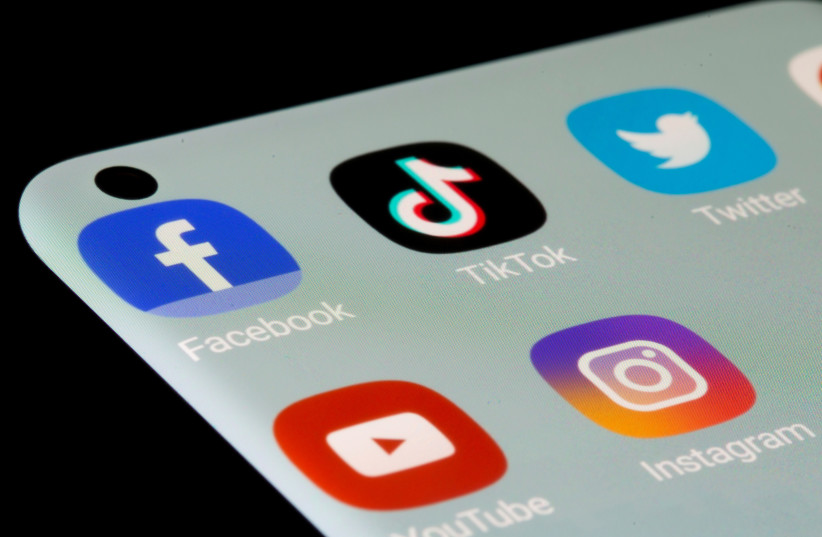Many people with illnesses are reluctant to talk about it with their relatives or even their doctors, especially when their condition is embarrassing like inflammatory bowel disease (IBD) including Crohn’s disease and ulcerative colitis.
Like most of the rest of humanity, chronically ill patients have taken to social media to discuss or chronicle their illnesses. Ben-Gurion University of the Negev researchers in Beersheba suggest that there is a hidden potential for medical insights in these posts just waiting to be unlocked.
Maya Stemmer, supervised by Prof. Gilad Ravid and Prof. Yisrael Parmet, developed the method for her doctoral discourse. The team – All members of the department of industrial engineering and management in the Faculty of Engineering Sciences and the Guilford Glazer Faculty of Business and Management – demonstrated their method on Twitter regarding IBD, but it is applicable to other platforms and other diseases, they said.
Using chronically ill patients’ social media posts for medical insight
They claim this was the first time in history that such medical information has been made publicly available. Instead of a physical letter to a friend describing symptoms, treatments and daily life, there are millions of posts to be analyzed using Big Data skillsets to yield real world insights.
Through their machine learning methods, they were able to discover chronically ill patients who tended to post more often about their diseases. In addition, the researchers identified distinctive characteristics of Crohn’s disease that helped differentiate it from ulcerative colitis. They were also able to confirm existing information about foods that increased or reduced inflammation.
When they classified the sentiments expressed, they found that patients tended to talk about their disease negatively and their drugs and treatments positively. The system could be modified for other platforms and other diseases, said Stemmer. Twitter makes it easier by offering an API – application programming interface for two or more computer programs to communicate with each other – for academic researchers.
“The work presented in this dissertation shows that it is feasible to derive health-related insights from patients’ self-reported posts. Patients are not the only users who talk about health on social media, and the presented framework helps to eliminate tendentious posts by interested parties.”
BGU doctoral students
“The work presented in this dissertation shows that it is feasible to derive health-related insights from patients’ self-reported posts. Patients are not the only users who talk about health on social media, and the presented framework helps to eliminate tendentious posts by interested parties,” the doctoral students noted.
The methods can be adapted to other diseases and enhance medical research on chronic conditions. “Using the framework to identify more patients and collect more data can shed light on patients’ coping strategies with their disease and its influence on their quality of life,” explained Stemmer.




